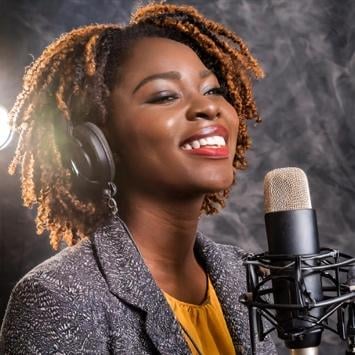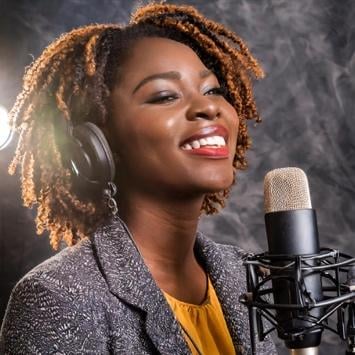The rise of artificial intelligence (AI) in the music industry has sparked concerns among artists and lawmakers about the potential misuse of musicians' voices and likenesses. The Ensuring Likeness Voice and Image Security (ELVIS) Act of 2024 is a groundbreaking law that seeks to address these concerns by expanding protections for artists' name, image, likeness, and voice (NIL+V).
The ELVIS Act, passed in Tennessee, establishes that individuals have a property right in the use of their NIL+V across various mediums, including music, films, and social media. This law is particularly important for recording artists, who are vulnerable to AI-generated "voice clones" that can mimic their unique vocal talents. The Act provides a legal foundation for artists to protect their voices and ensures that their talents cannot be exploited without consent.
The ELVIS Act also extends protections to voice actors, podcasters, and other individuals who rely on their voices for their livelihoods. It allows them to safeguard their personal brands and the value of their voice work from unfair exploitation, such as unauthorized use by former employers.
The need for such legislation has become increasingly apparent as AI technologies have advanced, leading to the creation of convincing deepfakes and voice clones. The controversy surrounding the "Fake-Drake" song, created using AI without the artist's consent, highlights the urgency of regulating AI in the music space.
While the ELVIS Act has received widespread support from the music industry, concerns have been raised by the film and TV industry about the potential restrictions it could place on their productions. Despite these concerns, the Act passed unanimously in the Tennessee legislature, reflecting a strong consensus on the importance of protecting artists' rights in the digital age.

The ELVIS Act amends Tennessee's existing Personal Rights Protection Act to include an individual's voice as a protected characteristic. It establishes civil and criminal penalties for unauthorized use of a person's voice or likeness and provides specific exemptions for fair use under copyright law.
The Act represents a significant step forward in state-level protections for artists' rights, but there is also movement at the federal level. The No Artificial Intelligence Fake Replicas And Unauthorized Duplications Act (No AI FRAUD Act) and the Nurture Originals, Foster Art, and Keep Entertainment Safe Act (NO FAKES Act) are federal initiatives aimed at establishing a framework to protect individuals' voices and likenesses on a national scale.
In conclusion, the ELVIS Act and other emerging laws reflect a growing recognition of the need to protect artists' voices and likenesses in the age of AI. These protections not only safeguard artists' rights but also open up possibilities for revenue sharing for those who choose to allow their voice likeness to be used. Artists can learn to monetize these new AI opportunities through music business courses at The Atlanta Institute of Music and Media. As AI continues to evolve, it is crucial for the legal framework to keep pace, ensuring that artists' talents are respected and compensated in the digital era.














